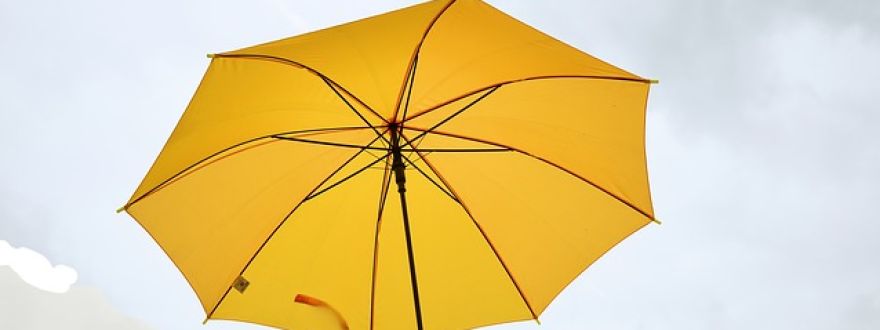
This week, we're excited to share a guest blog from another local business - First and Main Property Management in Napa.
You already own your own home, but now you are looking to also add a rental property, what kind of insurance do you need for the rental?
This is an important question for people who have just bought or are thinking of buying their first rental home. Although your primary residence and rental property are both homes, they will not be treated the same way by an insurance company since they carry different types of insurance risks.
When insuring the home you live in, everyone and everything in the property are usually included under that insurance cover. This is because the people who live in the home are often close relatives and you have some level of control over what they do.
But in a rental property, this is not the case. As First & Main Property Management explains, you have control over whom you choose to rent the property to but not over what they do once they are in the rental. You cannot assume responsibility for the actions of people living in your rental property.
Risk and liability are two of the primary factors insurance companies look at to determine if a person or property is eligible for insurance and what kind of insurance they qualify for. The insurance risks of a rental property are higher than the insurance risks of the home you live in.
Homeowner insurance vs landlord insurance
In your primary residence, a homeowner’s policy is sufficient to meet your insurance needs. Homeowners insurance covers your building and other structures – sheds and fences – on the property. It also covers the personal belongings of you and everyone living in the home.
But to be eligible to buy homeowners insurance, you must live in the insured home. This means you cannot use homeowner insurance for a rental property, since you will not live in the rental. There are, however, situations where you may use homeowner’s insurance while renting your home.
For instance, if you own a single-family home and rent out one of the rooms, homeowners insurance could still cover the property. But this depends on the number of renters in the property and the duration of their rent. To be sure of this, ask your insurance agent before renting your home.
Apart from the above scenario, you should never use homeowner’s insurance for a rental property. As already stated, the insurance needs, risks, and liabilities of a rental property are different from those of your primary home. The right insurance policy for a rental home is landlord insurance.
What is landlord insurance?
In addition to the standard risks of fire, water damage, and burglary that exist with every property, a rental property has risks that are usually not associated with your primary home. The tenants in a rental home are always changing and landlords have no control over how they will handle their property. This increases the possibility of property damage.
Landlord insurance covers all of the same risks as homeowner’s insurance, but the way it approaches those risks is different. In the standard landlord insurance policy, you should expect to get coverage against property damage, loss of personal belongings, and personal liability.
But unlike homeowner’s insurance, liability coverage under a landlord insurance policy only insures you if someone is injured in the home. It does not cover the people who live in the property. Landlord insurance will also not cover your personal property if it is not used for the rental business.
What is covered by landlord insurance?
-
Property damage
If your building is damaged by a covered peril such as fire, rainstorm, falling trees, wind, hail, snow, electric/gas malfunction, and more, the policy will pay for the repairs. Landlord insurance may also provide cover against intentional acts of vandalism by tenants
-
Personal property coverage
All personal belongings that are used in the service of the rental property will be covered by landlord insurance. This includes the kitchen appliances, furniture, or lawn mower. Personal belongings that are not used in the rental business will not be covered. Your tenants’ belongings are also not covered.
-
Property owner’s liability
The policy will protect you from personal liability in the event that a tenant, their visitor, a worker, or any random person is injured inside your property and they take you to court. Landlord insurance will pay your legal fees, any awards against you, and the injured person’s hospital fees.
-
Loss of rental income
You have the option to add a rent guarantee to the policy. This provides coverage in case you lose your rental income because the property is damaged and becomes unliveable or your tenants fail to pay the rent.
What is not covered by landlord insurance?
The typical landlord insurance policy will not automatically extend coverage for damage caused by flood or earthquake. These can be added by buying an add-on to the policy. Actually, there is an almost endless list of riders you can use to expand the scope of coverage you have under landlord insurance. These riders are useful for creating an insurance plan that is robust enough to cover the particular risks your rental property is exposed to.





